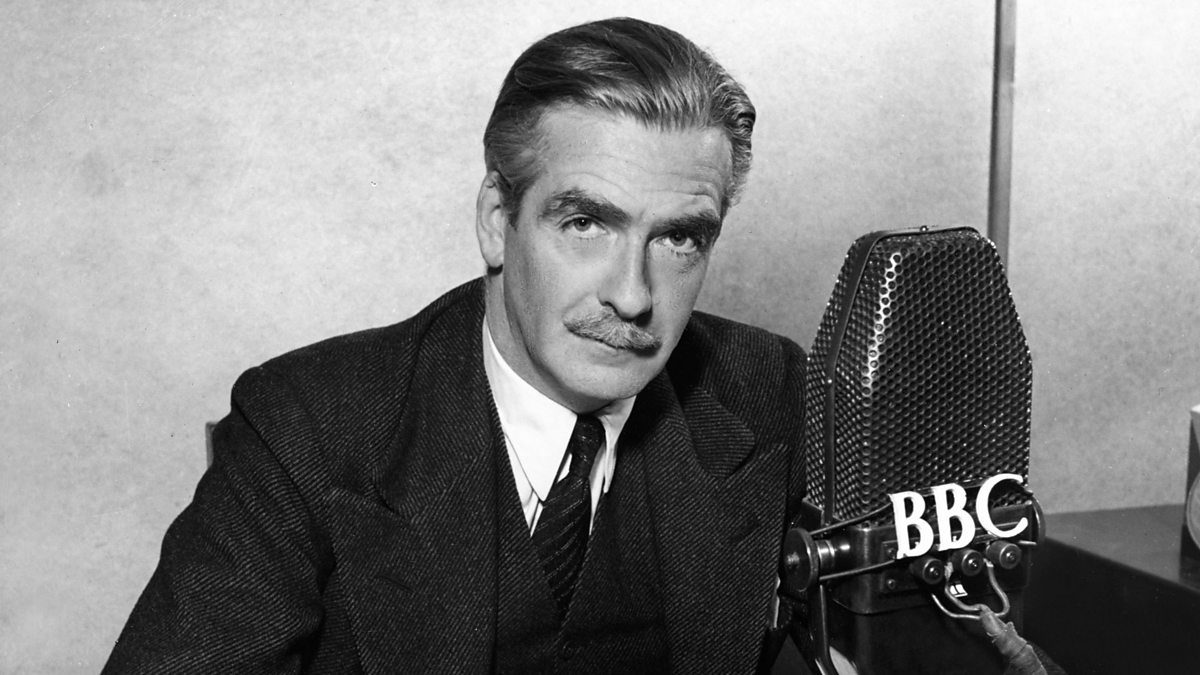I'm hoping those who were around at the time can help me out here....
I wasn't alive in 1956. If you didn't experience the Suez crisis in real time, I think you'll always struggle to understand it.
My understanding is this: Suez provided proof of Britain's diminished state in the world and that it could no longer engage in heavy-handed Palmerstonian tactics without serious consequences.
Eisenhower's condemnation of the venture provided proof that Britain was now America's poodle - and couldn't take any kind of major military action without an 'okay' from its overlord power.
What I don't understand is why people were so shocked by these events. Surely it had been clear, long before the start of WW2, that Britain was no longer a powerful country? And surely it had been clear, as soon as WW2 finished, that Britain was dependent on American money and American goodwill? Slashing the NHS to help pay for the Korean War sort of gave that game away....
So: why did Suez lead to such a bout of national soul-searching and introspection (because that's what it seems to have done)? And why is Anthony Eden (whose premiership was hopelessly brief) still condemned for it all these years later and labelled as 'Britain's worst PM' (the cretinous dolt who occupied that office before the present incumbent surely deserves that title?)?
I only ask, because I really don't understand....
I wasn't alive in 1956. If you didn't experience the Suez crisis in real time, I think you'll always struggle to understand it.
My understanding is this: Suez provided proof of Britain's diminished state in the world and that it could no longer engage in heavy-handed Palmerstonian tactics without serious consequences.
Eisenhower's condemnation of the venture provided proof that Britain was now America's poodle - and couldn't take any kind of major military action without an 'okay' from its overlord power.
What I don't understand is why people were so shocked by these events. Surely it had been clear, long before the start of WW2, that Britain was no longer a powerful country? And surely it had been clear, as soon as WW2 finished, that Britain was dependent on American money and American goodwill? Slashing the NHS to help pay for the Korean War sort of gave that game away....
So: why did Suez lead to such a bout of national soul-searching and introspection (because that's what it seems to have done)? And why is Anthony Eden (whose premiership was hopelessly brief) still condemned for it all these years later and labelled as 'Britain's worst PM' (the cretinous dolt who occupied that office before the present incumbent surely deserves that title?)?
I only ask, because I really don't understand....



Comment